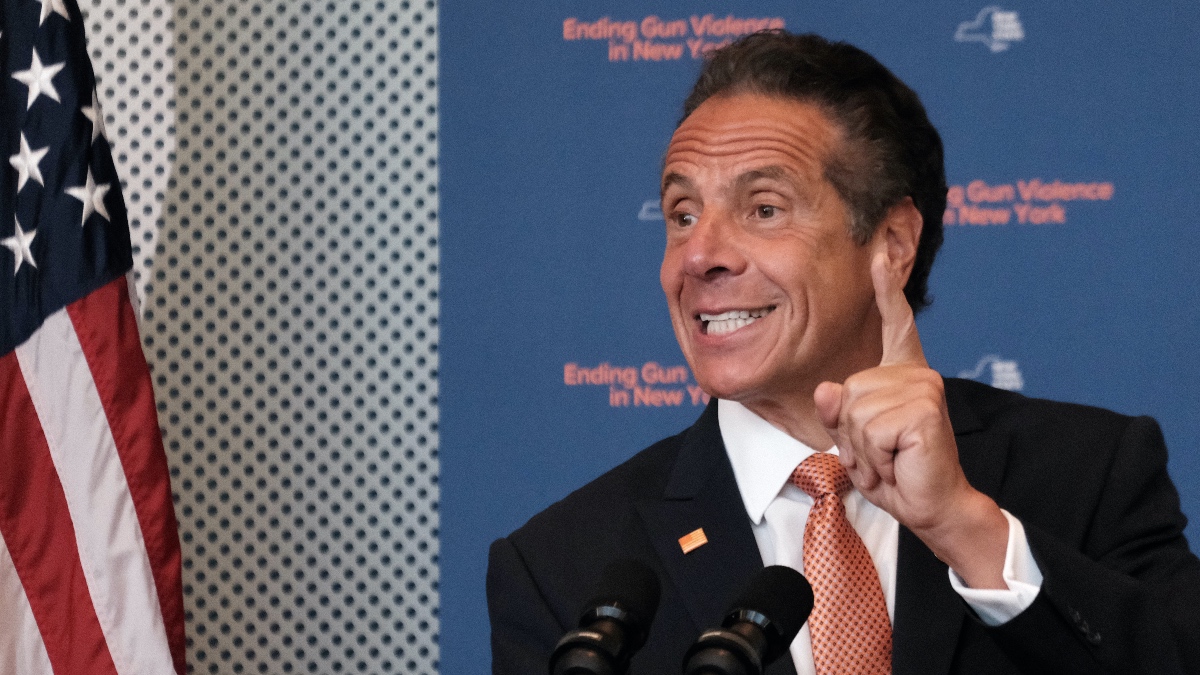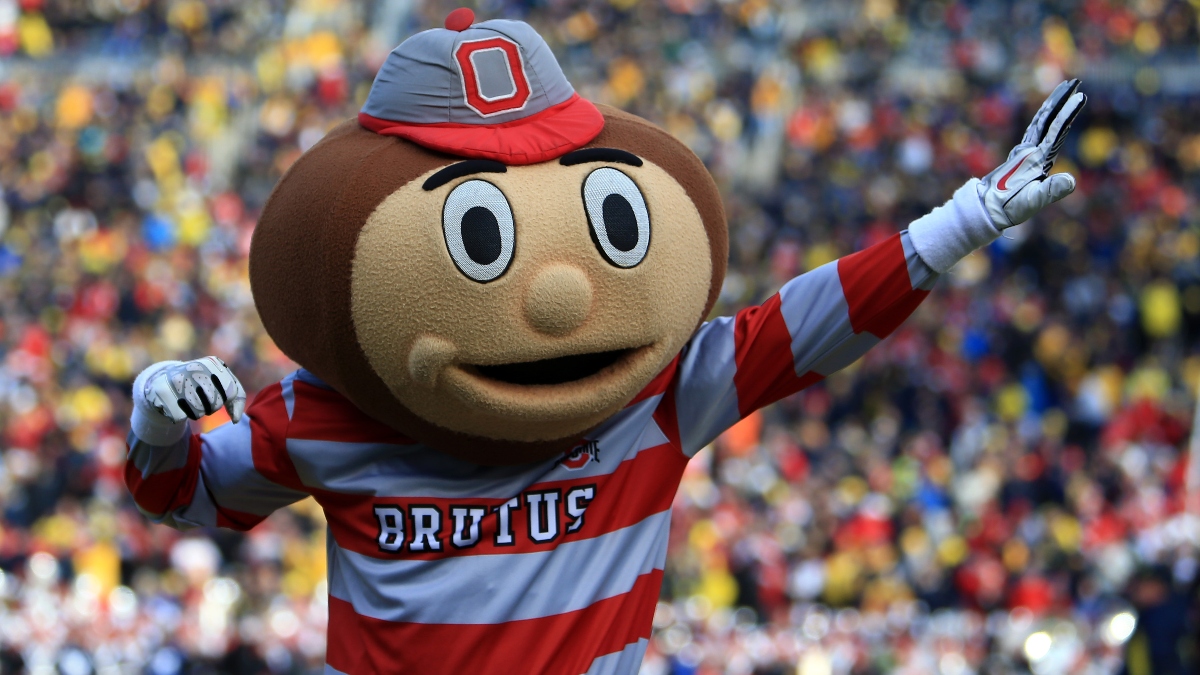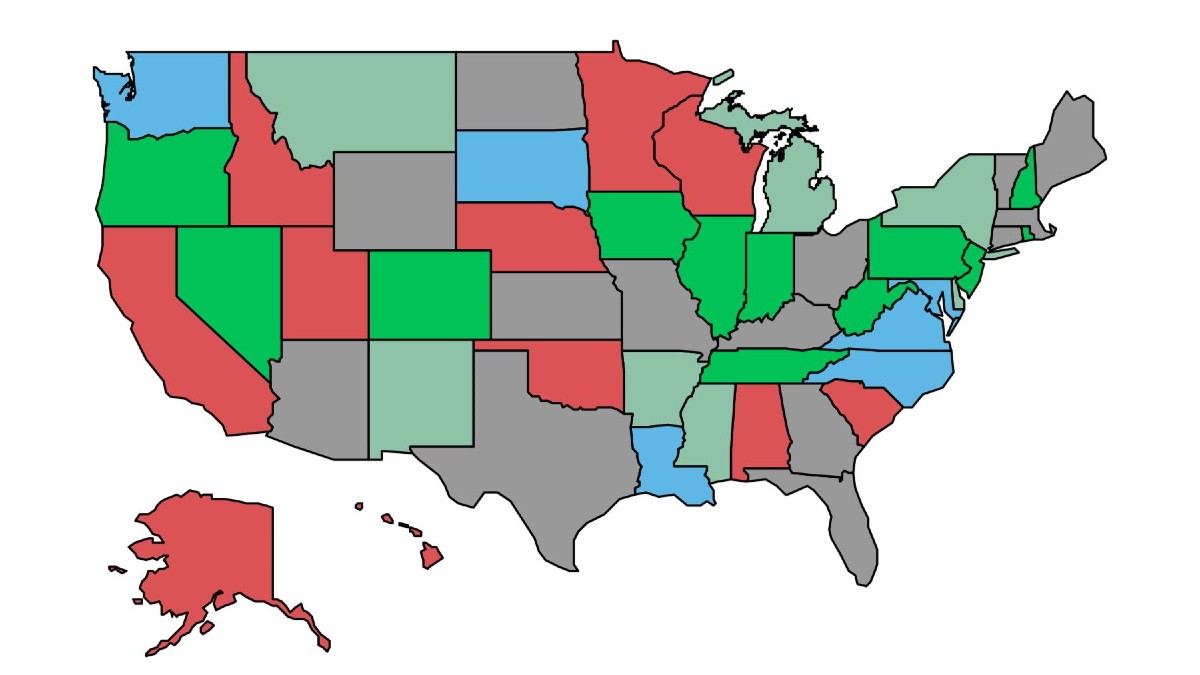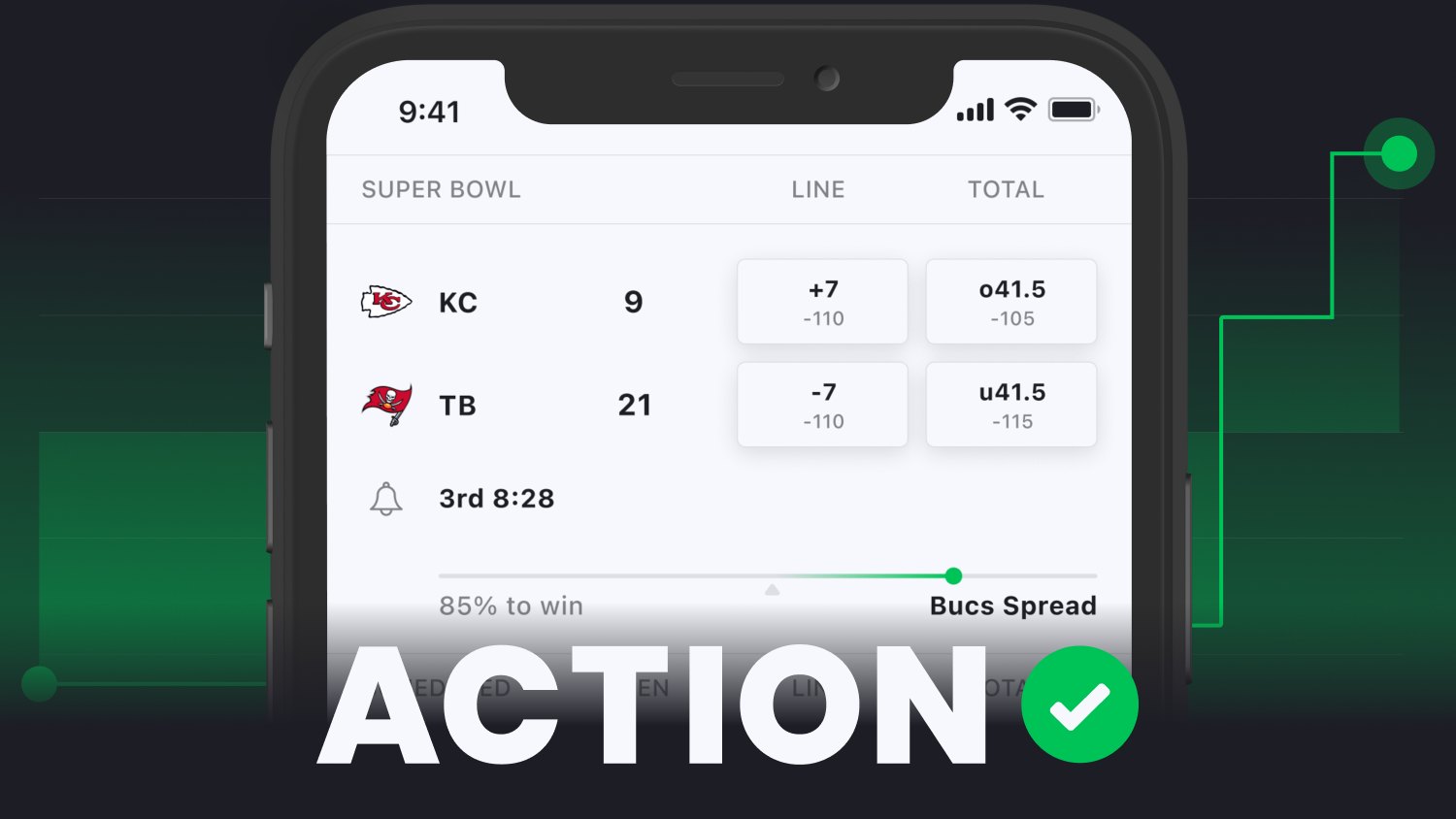
Spencer Platt/Getty Images. Pictured: New York Governor Andrew Cuomo.
New York’s long-awaited online sportsbook request for application (RFA) release last week cemented the state’s goals to maximize tax revenues, even if it means limiting the market.
A sportsbook bidder’s agreed-to tax rate will be the most important figure among more than a dozen major criteria New York regulators will use to determine the winning operator. State law requires at least two “platform providers” to guarantee at least four total customer-facing brands or “skins,” but the winning tax rate will likely limit the market beyond the minimum.
All factors aside from taxes, including sports betting operators’ “expertise,” “sustainability” and “integrity,” will be graded on a total scale of 0 to 75 “points,” with 60 points as the floor to win the bid.
Bidders that agree to give at least half their revenues to the state will receive a further 20 points on the commission’s score matrix and an additional point for each subsequent percentage taxed. For example, a 51 percent tax-rate bid earns 21 points, 60 percent earns 30 and so on.
The New York State Gaming Commission’s RFA structure all but assures bidders meet Gov. Andrew Cuomo’s preferred 50 percent tax-rate minimum. It leaves little further clues on who will win these much-anticipated licenses beyond those willing to pay what will be the nation’s steepest tax rate.
Structure
Under New York’s sports betting model, any “qualified” operator can apply for at least two platform provider licenses. The winning platform providers will pay $25 million apiece for the license, the highest rate in the country.
Sportsbook brands, tech providers or other interested entities can apply for the licenses. Hypothetically, the nation’s three highest-grossing sportsbook brands (FanDuel, DraftKings and BetMGM) could each apply for one platform provider license. They could also apply for a joint “super” bid or, to complicate matters further, also apply as a “brand” on a competitor’s bid.
Those are among just a few possible scenarios. A leading tech provider such as Kambi could create a bid with its existing partners such as Barstool Sportsbook and BetRivers. Or, a larger company could partner with a smaller operator that poses less direct competition.
The law requires at least four customer-facing brands between the platform providers. This sparked optimism that more would enter, but the tax rate’s significance in the bidding process makes this seem unlikely.
Seemingly, this structure could also favor a larger conglomerate. A company such as Flutter Entertainment, a massive European-based operator which also owns major North American brands such as FanDuel and FOX Bet, could meet the customer-facing brand structure while minimizing revenue splits.
Tax Obstacles
New Hampshire, which Cuomo cited as a model for New York sports betting vision, has a 51 percent rate that DraftKings pays in exchange for a de facto monopoly. Boston-based DraftKings viewed a chance to keep out competitors from a small population state in its backyard worth the tax burden.
Pennsylvania books pay a little over 30 percent tax on revenue, the highest rate in a competitive market. Most other states tax around 10 percent.
Notably, sportsbooks win or “hold” about seven percent of all bets nationally. This is a comparatively low-margin business (particularly among legal gambling options) and one that can be drastically curtailed financially by such step taxes. Notably, New York will not allow sportsbooks to write off promotions, a common practice in many other states.
Home to the nation’s largest metro area and the fourth-highest population, New York has been targeted by sportsbook operators even before the federal sports betting ban was repealed in May 2018. Now, agreeing to give up what could be most if not all of its revenue potential (on top of a steep initial licensing fee) may not be financially viable.
Aside from DraftKings in New Hampshire, no other company has ever come close to a 50 percent tax rate in any state. Now, New York expects its sportsbook bidders to effectively exceed that rate while splitting the market two and possibly four ways.
This could help generate Cuomo’s projected $500 million in annual tax revenues, but it would seem to hurt all other market aspects, especially participation.
Worth Noting
Last week’s RFA release begins nearly six months of review and waiting. New York officials are expected to announce the winning sportsbooks in December with hopes the first online wagers are placed in early 2022.


